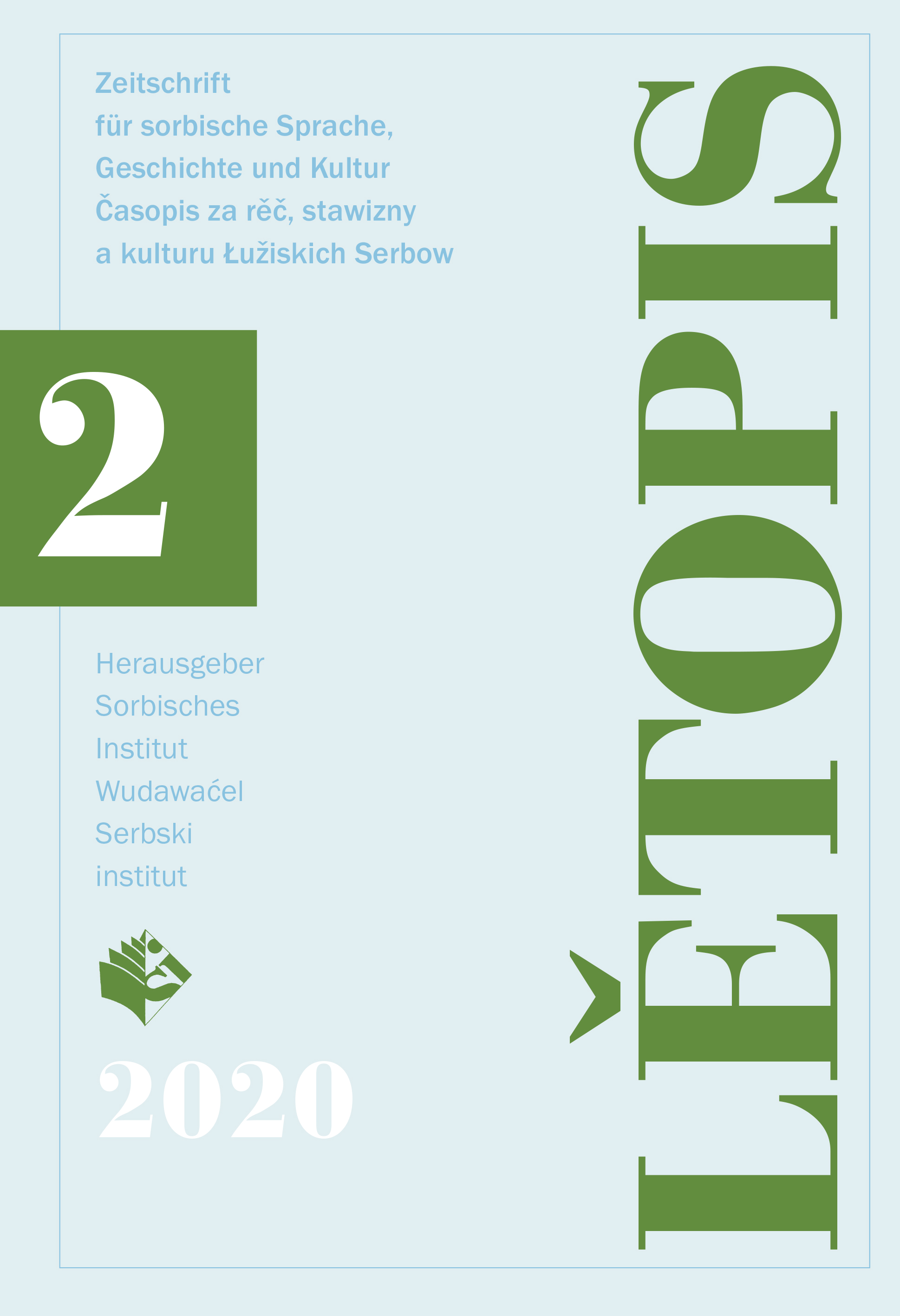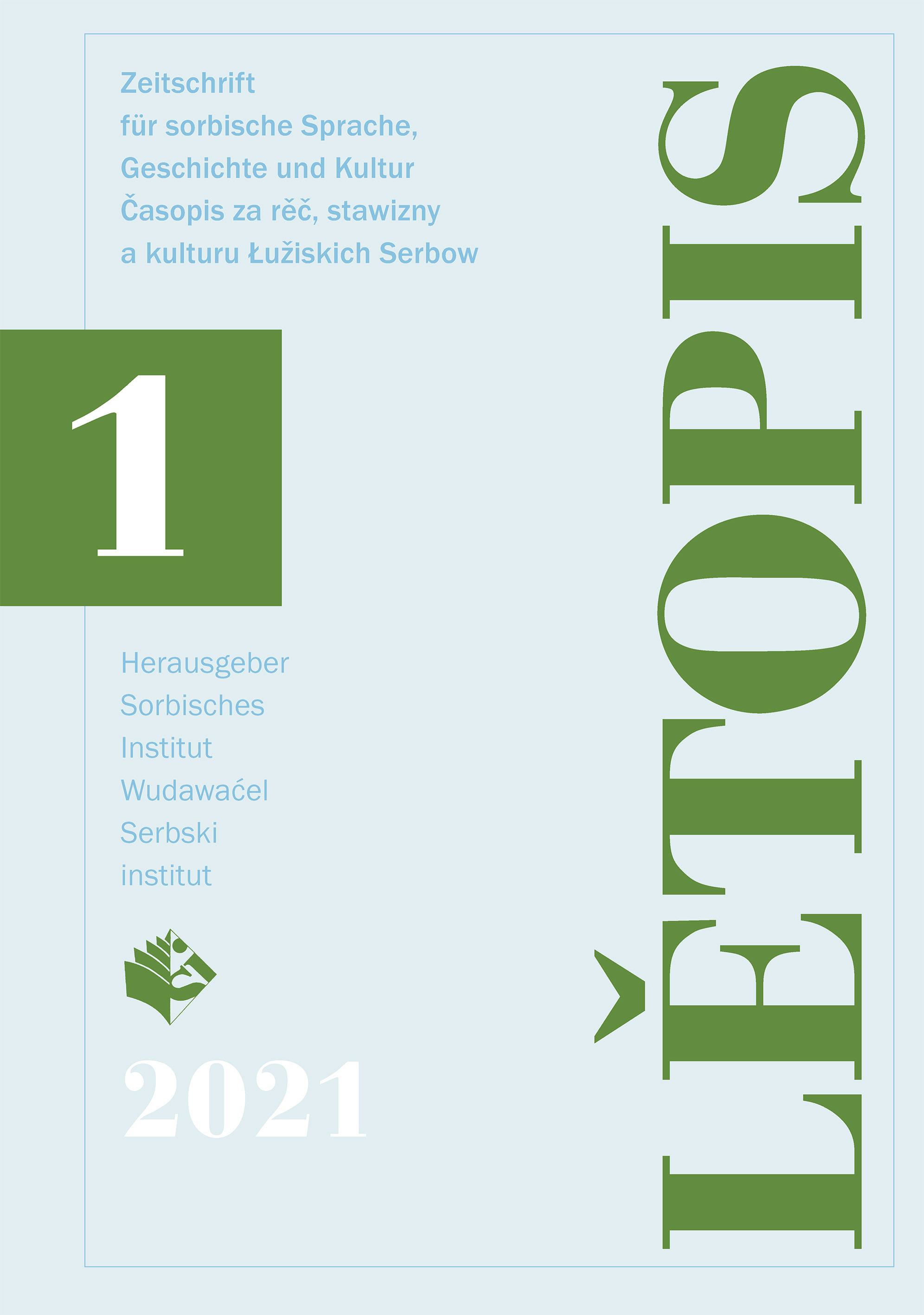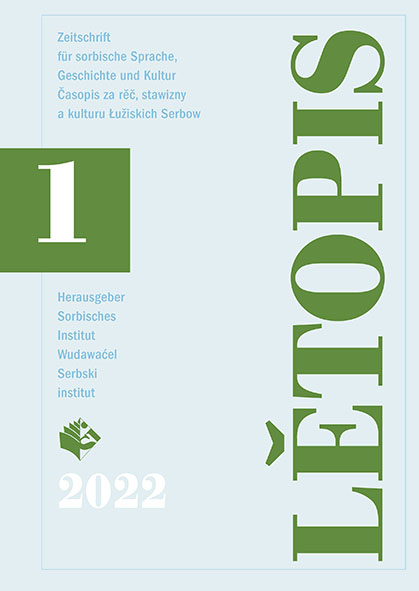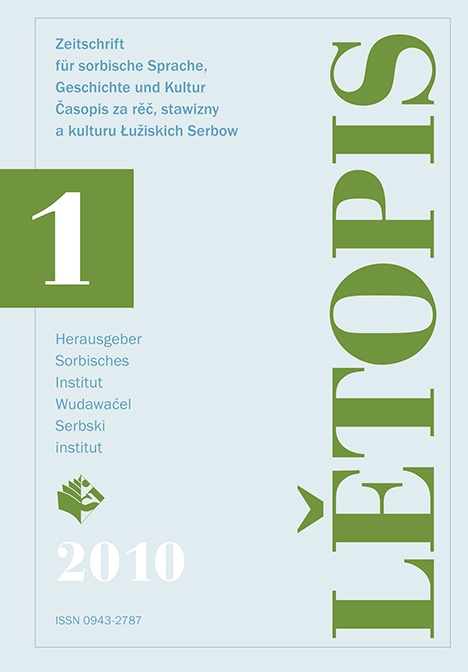
Commemoration to Prof. dr hab. Kazimierz Polański (6. 04. 1929–7. 02. 2009)
Prof. dr hab. Kazimierz Polański (6. 04. 1929–7. 02. 2009)
Keywords: Kazimierz Polański; Polański
More...
Keywords: Kazimierz Polański; Polański
More...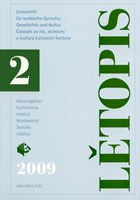
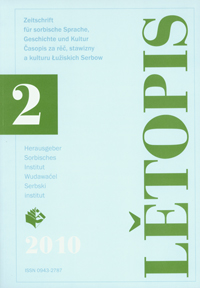

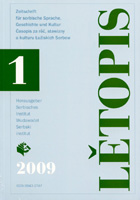

Keywords: upper; sorbian; language; internationalisms; internationalization; vocabulary; adaptation
In Upper Sorbian, as in all other Slavonic languages, an increased tendency towards internationalization of its vocabulary since the second half of the 20th century can be discerned, especially since the 1990s. The author examines the internationalisms registered in the “Deutsch-Obersorbisches Wörterbuch neuer Lexik” (Bautzen 2006) under selected aspects, amongst other things from the point of view of the source languages and their adaptation in the area of word-formation. Internationalisms are for the most part taken as borrowings by Upper Sorbian after the orthography and morphology have been adapted. Some of them are combined with native affixes (e.g. -osć, -nik, -owc), so that sometimes doublets such as eutrofija – eutrofnosć, globalizacija – globalizowanje can be created. While native prefixes can combine perfectly well with foreign lexemes, the combination of foreign prefixes with native bases only happens exceptionally.
More...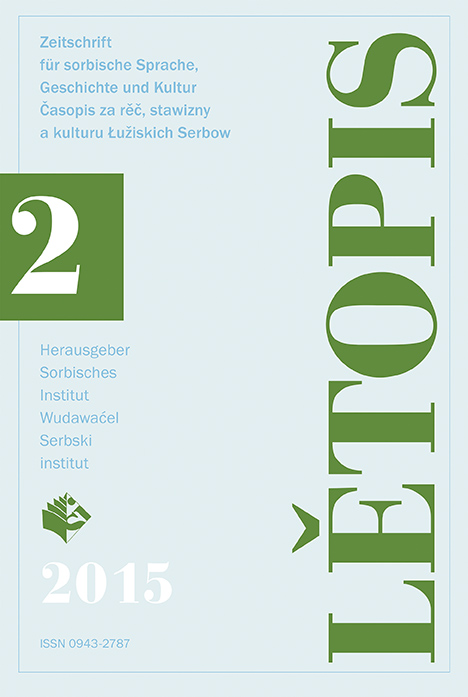
Keywords: Dietrich Scholze; Dietrich Šołta; Geburtstag; birthday; Serbski institut; Sorbisches Institut; Professor; professor; Kulturforschung;
More...
Keywords: wopominanje; Gedenken; Wolodymyr Motornyj; Bohemistik; Slawistik; Universität Lwiw; Ukraine; memory; Slavonic studies; the University of Lwiw; friendship
More...
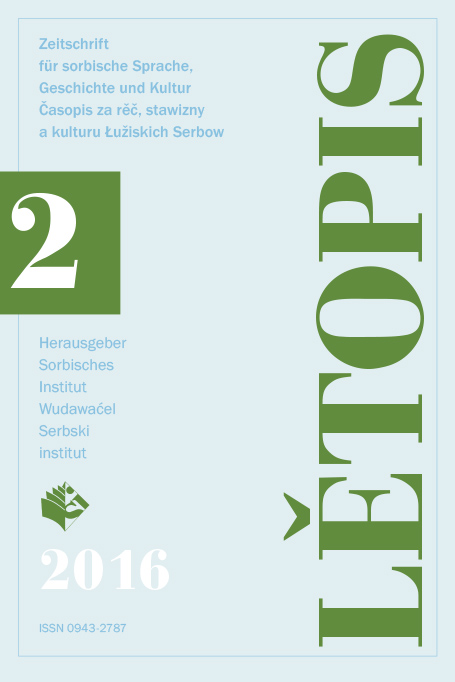
Keywords: jurij; brězan; georg; bresan; schriftsteller; writer
More...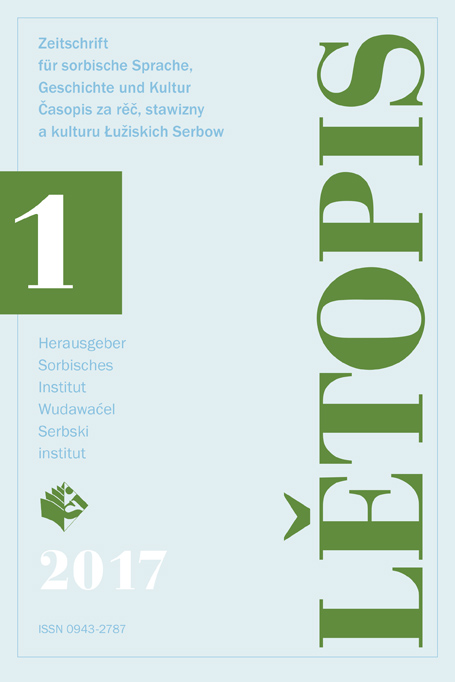

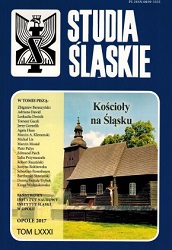
Keywords: The Sorbs;the Evangelical Consistory of the Silesian Church Province;evangelical Protestants;Upper Lusatia;;
In the Prussian part of Upper Lusatia after World War 1, seventeen evangelical parishes still had a bilingual character, and in nine parishes the majority of the inhabitants spoke the Sorbian language. Considering this fact, in the 1920s the Consistory in the city of Wrocław, where the Sorb population was prevalent, used to confer the offices of parsons and cantors to the Sorbian-speaking candidates. Those parishes stood out against the German background for their piety and the regular participation of the youth at the Sorb Holy Mass on Sundays. The Consistory perceived the relationship between the piety and the condition of the national consciousness. At the turn of the 1930s, the problem of vacancies became more and more acute. In addition, the Sorbian language competence in the young generation was deteriorating. The reports of inspections indicated still other problems that tormented the local communities, such as alcoholism, promiscuity and laziness, qualifying them as Sorb national features. Nonetheless, in other regions of Germany, such as Mecklenburg, parishes had to face almost the same problems. A conclusion follows that the related state of affairs had a social background rather than national.
More...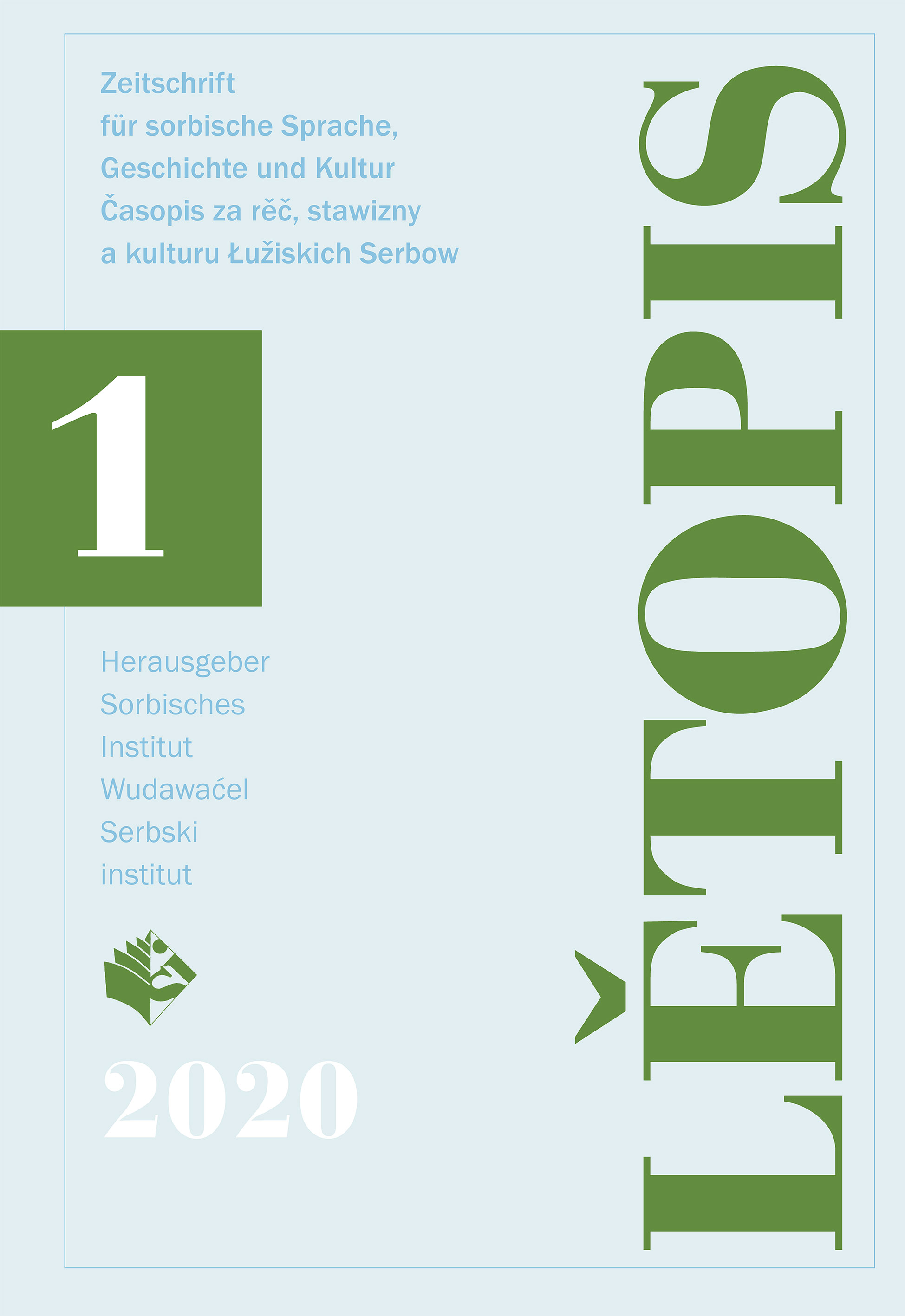
Keywords: Bogumił Šwjela
More...
